As we start the new year, a big question on my mind is: what will become of our relationships with people we don't know, people who aren't like us?
It's tempting to feel like the social contracts in place to ensure we aren't blatantly reckless with each other's lives, health or humanity have started to untangle just recently. But I suppose that would be my privilege talking.
If I get a little too bummed that it feels like people are no longer bothering to balance their self-interests with the greater good, I try to remember that Black people, people of color, women, poor people and many other populations have been affected by of some version of that imbalance for generations, and have often suffered greatly because of it.
Still, there's nothing like being headed toward a preventable year three of a pandemic to crystalize the ways in which so many people seem to be saying an active "screw you" to any notion of addressing a public health crisis through even minimal personal sacrifice. And I too often feel a great big "screw you back" welling up inside of me in response, as much as I wish it weren't so.
I'm working on that, but I'm not always sure if working on it means embracing that energy and letting it inspire me to action, or suppressing it in favor of more diplomatic responses. (You know, for the greater good.)
I guess these are all versions of the questions I asked in June 2020:
- How can we get people to care about and act on problems that don’t seem to immediately or directly affect them?
- How can we get people to care about making the distinction between what’s verifiably true and what’s not?
- How do we make change happen fast enough to matter?
- What should I do?
There is a great deal of good in the world, and a great deal of good in my own life. I have so much to be thankful for.
But I used to believe that People are, on the whole, good and wanting good things for each other. Now I'm not so sure, and I don't like that uncertainty. It feels like it could poison the future. My future.
I'd like to raise my daughter with an optimistic outlook about the nature of humanity, but I may need to scale that back a bit. An optimistic outlook about the good she can create in her own life and for those around her? An optimistic outlook about next week's dinner menu?
Happy New Year.

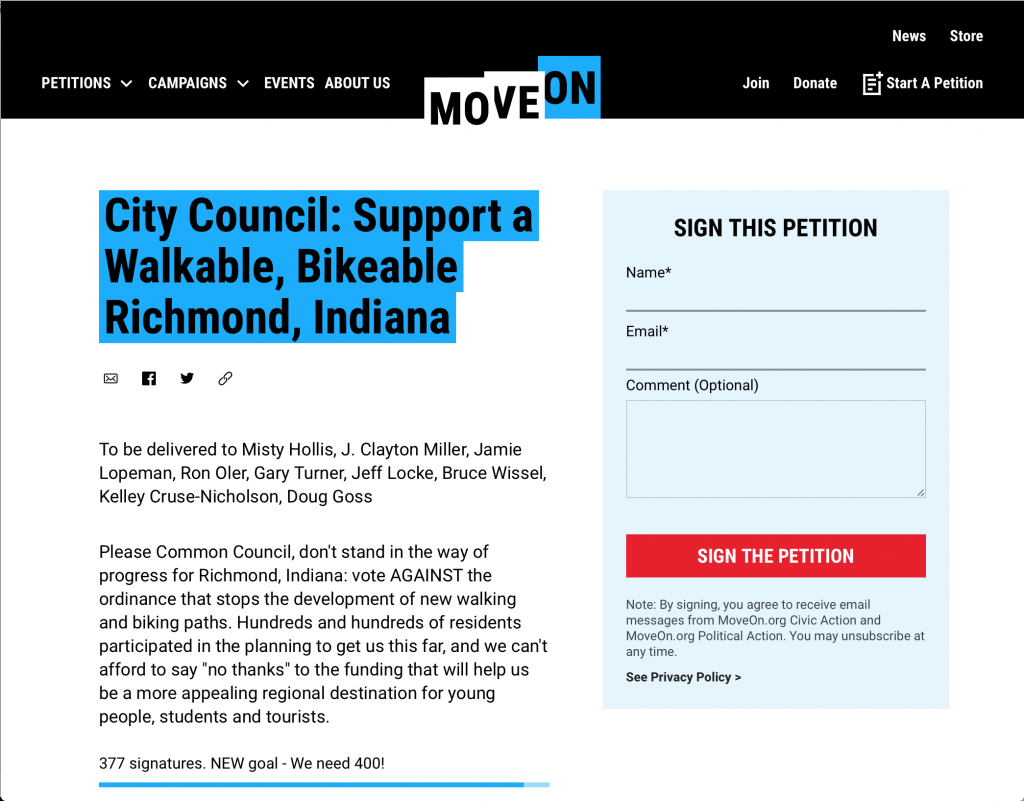
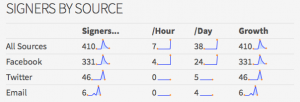 The system offered up interesting summary stats about where signatures were coming from and what activity on the petition looked like over time.
The system offered up interesting summary stats about where signatures were coming from and what activity on the petition looked like over time.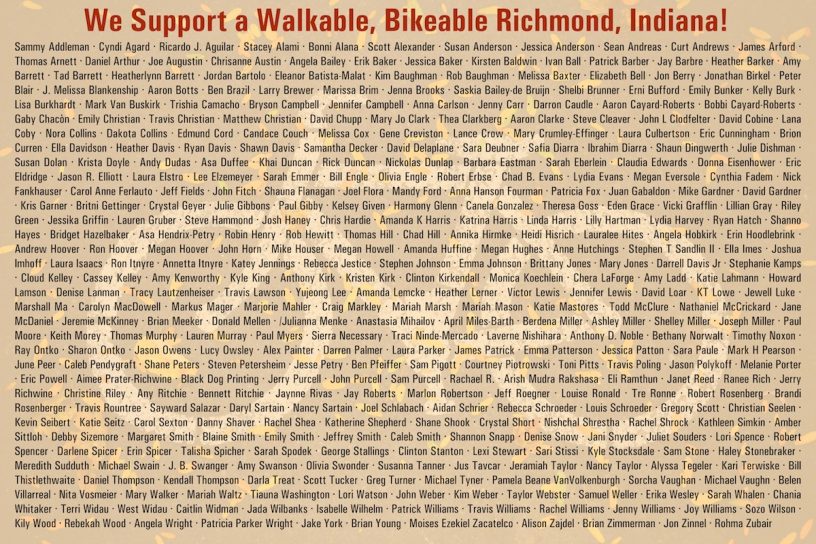
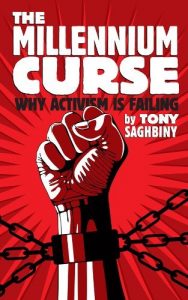

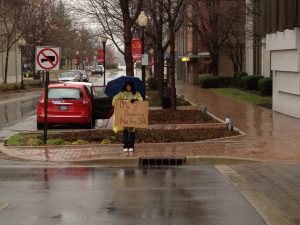
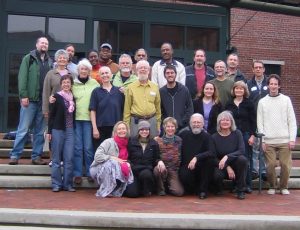
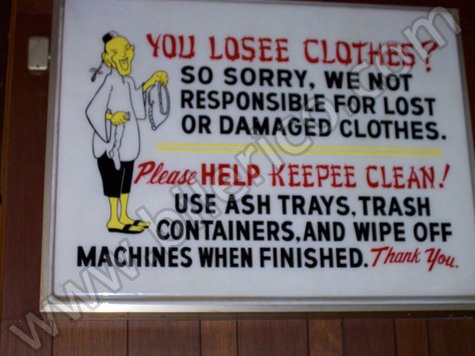 I've been thinking for far too long about how to do something about the U-Washee laundromat on NW 5th Street here in Richmond, Indiana. I say "far too long" because I've known about its existence for years, and have only thought and talked with others about it, instead of taking action. I've been trying to figure out how to convert its overt displays of racism into a useful and transformative conversation in the community. Why does this place exist in the first place? Who patronizes it and what do they see and think about its imagery and stereotypes? How does our Asian population feel about it? Why isn't there more conversation happening already about U-Washee?
I've been thinking for far too long about how to do something about the U-Washee laundromat on NW 5th Street here in Richmond, Indiana. I say "far too long" because I've known about its existence for years, and have only thought and talked with others about it, instead of taking action. I've been trying to figure out how to convert its overt displays of racism into a useful and transformative conversation in the community. Why does this place exist in the first place? Who patronizes it and what do they see and think about its imagery and stereotypes? How does our Asian population feel about it? Why isn't there more conversation happening already about U-Washee?